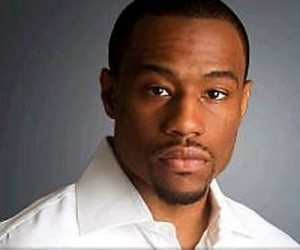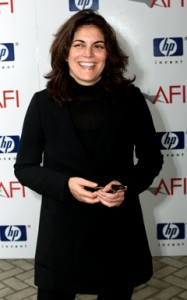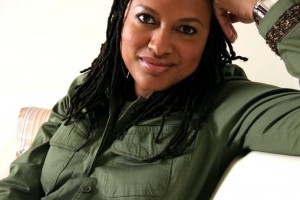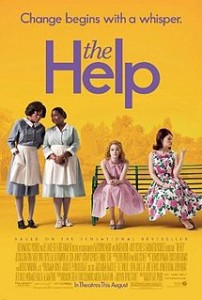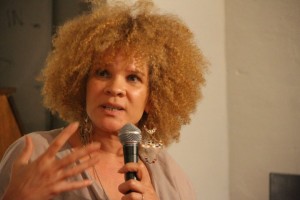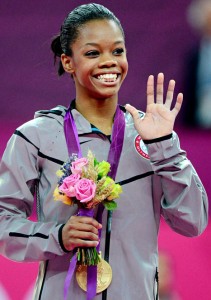Shopping is Personal is Political
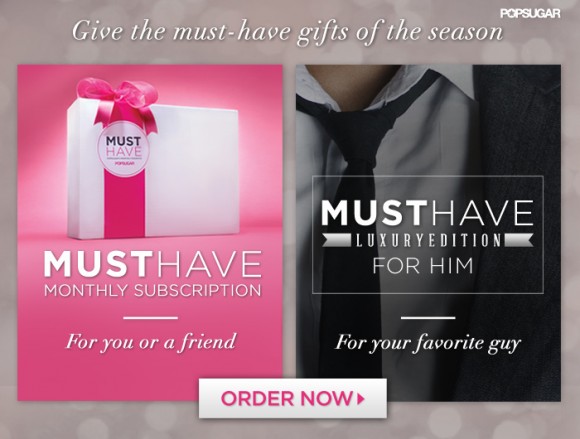
It’s the last (shopping) weekend before Christmas. But if you’re anything like me, braving large, busy malls filled with mainstream goodies fueling the hyper-consumerism evident just one week before Christmas isn’t your cup of tea. Online shopping, despite the lure of its crowd-less aisles, fancy pop-ups, and steep discounts hasn’t proven to be that much better.
Constantly having to decide between clicking on “Gifts for Him’ and “Gifts for Her” irks the LGBT activist in me. Then there’s the constant temptation to forgo spending your hard earned money on holiday shopping (for family members who aren’t as supportive as they should be) altogether and getting yourself, instead, that heavily discounted Xbox with Dance Revolution bundle, flashing obtrusively on the top right corner of your screen just as you’re about to check out… Wait, I’m sorry, this isn’t about me. I digress.
*deletes Xbox Dance Revolution package from shopping cart… (for now)*
Luckily, I don’t have to deal with (most of) the Christmas shopping madness this holiday season. As per  my last post, in an attempt to facilitate important conversations with friends and family about my sexuality (so that I can make it through dinner without bursting into tears… or flames), I plan on giving the gift of media created by queer people of color. Luckily, over the past few years, there’s been a steady release of media that reflects the lives of LGBTI people with complex racial and ethnic identities while navigating a diverse landscape of cultural and religious beliefs.
A List of Books, Films, and Music by Queer People of Color
Any item(s) from the list below would make great holiday gifts to family, friends, or even to yourself. After all, getting our loved ones to accept us whole is as much of an ongoing process as it is learning to celebrate who we are for ourselves, so why not nourish your spirit this holiday season too?
Note: Because my experience is trans-continental, I’ve prioritized media created by LGBT people of color with various cultural, ethnic, racial, and national contexts. Also, if I’ve mis-labeled or mis-represented any of the media producers’ identities below, PLEASE let me know as soon as possible (with source) so I can update!Â
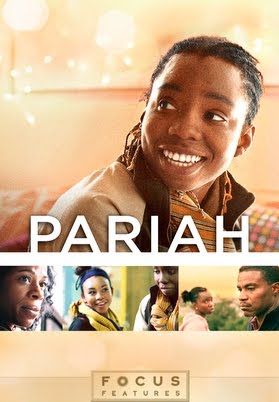
PARIAH (Film)
Written and Directed by African-American lesbian, Dee Rees.
Themes: African-American, Family, Coming Out, Religion, Gender Identity.
This isn’t just another queer “coming out” movie. The main character, Alike, already knows that she likes girls; it’s coming out to her parents while exploring her gender identity (i.e. more masculine/feminine) that makes this one of my favorite films of all time. This coming of age film is packed with moments familiar enough to resonate with even the most conservative: first crushes (and first kisses), father-daughter bonding, mother-daughter loathing, and siblings who remain annoying as hell but will always be there for you. I loved Pariah so much that I wrote about it twice: My Afrofeminist Review and Coming Out as a Nigerian Boi.
Great Gift For: Everyone, really.
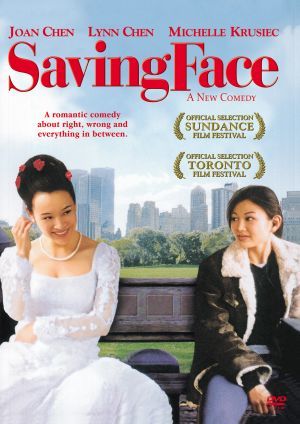
SAVING FACE (Film)
Written and Directed by Chinese-American Lesbian, Alice Wu
Themes: Chinese Culture, Family, Career, Marriage
If I had to put my film picks in order, this would really be at the top. Saving Face is a drama-comedy about two young adults, who are driven by their careers and commitment to family, and thus, find love a tad inconvenient. Saving Face strikes the perfect balance between heart-warming and hilarious. I recommended it to my sister when I first came out and it helped her understand my sexuality, not through the white, class privileged narratives of the L Word, but in the context of our culture. Indeed, part of the film is in Mandarin as the lead characters search for acceptance in a small community in Chinatown, New York.
Great Gift For: Siblings

CIRCUMSTANCE (Film)
Written and Directed by Iranian-American, Maryam Keshavarz
Themes: Iranian, Family, Religion, Government, Censorship
Two young women find love and attempt to escape their -er – circumstance of family and politics. What I love about Circumstance is that the lesbian relationship, though central, isn’t the only theme (or issue the women have to worry about) in the movie. Hmm, feels like real life, when religious dogma, traditional parents, and an oppressive government regime are equal (if not greater) thorns on the sides of LGBT Â people in non-western countries–a reality that quite often goes above my white gay American friends’ heads. In any case, there’s an (awesome) sex scene that may be awkward to watch with parents (so you may wanna go grab some leftovers during that bit).
Great Gift For:Â American LGBT friends.
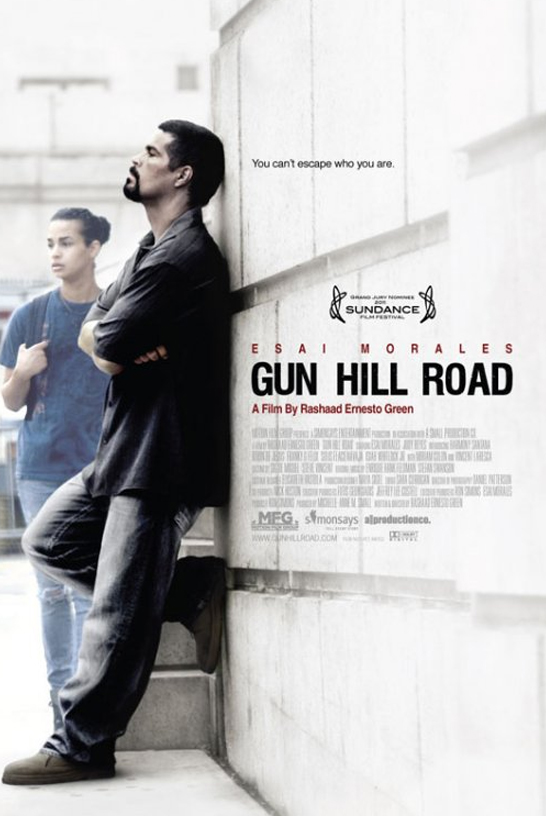
GUN HILL ROAD (Film)
Written and Directed by Latino straight ally Rashaad Ernesto Green
A Latino man is released from prison only to find that his son is in the process of saving up for gender reassignment surgery (i.e. transitioning from living as a man to living as a woman). To cuta a long story short, drama happens, followed by a stereotypical (yet believable) display of machismo, such as forced attendance at baseball games, and an awkward scene with a prostitute. But hey, that’s apparently how to be a “man’s man” (forget not doing things that land you in prison so that you’re around to love your wife and raise your children — that’s for sissies). There’ll be no shortage of issues to discuss after viewing Gun Hill Road, including the trappings of masculinity, femininity, culture as a barrier to individual expression, and really good acting. Says, the LA Times: “… the quietly commanding turn by newcomer Santana — whose outward embrace of an already well-internalized transformation leaps off the screen with equal parts joy, melancholia and bravery — is a standout.”
Great Gift For: Dads, Uncles, All the People with Testosterone in Your Family
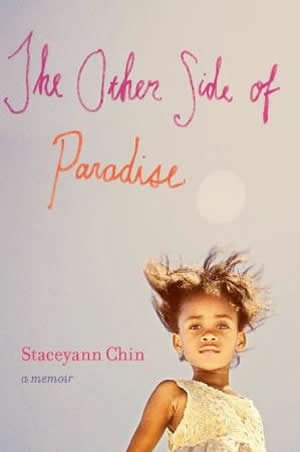
THE OTHER SIDE OF PARADISE (Book)
By Chinese-Jamaican lesbian, Stacey Ann ChinÂ
Themes: Jamaica, Adoption, Family, Womanhood
The first time I saw Stacey Ann Chin speak, I thought to myself, “Damn, I need to be louder!” She’s known for thunderous performances, her constant swearing, her political poetry that takes no prisoners. But, if you’re a writer, you know how much it takes to bleed the way Stacey Ann does anytime she speaks. And when she writes… goodness, there are no words. Her memoir is a glimpse into the circumstances that birthed the beast: growing up in Jamaica, being raised by her grandmother, and the thrill, pain, hilarity, and confusion that comes with discovering womanhood. A must-read.
Great Gift For: Poets and Writers
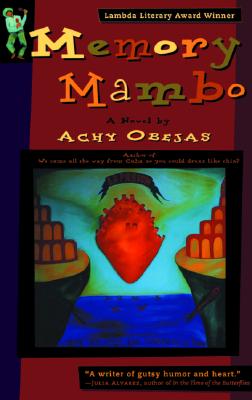 MEMORY MAMBO (Book)
MEMORY MAMBO (Book)
By Cuban immigrant lesbian, Achy Obejas
Themes: Cuba, Immigration, Culture, Family, Gender
So, I’m cheating here; I really want to suggest two of Achy Obejas books. The first, “We Came All the Way from Cuba So You Could Dress Like This?”, is a rich, diverse collection of short stories about a Cuban family’s journey from their homeland to the beautiful and broken promises of the United States, all the while grappling with new ideas of culture, gender, and sexuality. Her second, Memory Mambo, is a full-length novel centered around a familiar, yet nuanced immigrant narrative; Janua, a 24-year old Latina lesbian, searches for an anchor in the terrain of an new country (with a band of crazy cousins–blood and adopted–who keep dragging her into trouble).
Great Gift For: Cousins, Extended Family
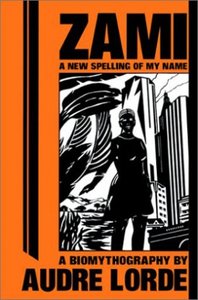 ZAMI: A NEW SPELLING OF MY NAME (Book)
ZAMI: A NEW SPELLING OF MY NAME (Book)
by African-American Lesbian Poet, Writer, and Activist, Audre Lorde
Themes: New York, the 50’s, Working Class Black Women, Class
From GoodReads: “Audre Lorde recounts the first half of her life in an amazing blend of her own poetry, popular songs, journal entries, and memories that are startling in their exactness and fairness. Her ability to recount her extreme loneliness and desire for companionship at being Black in gay scenes, gay in Black crowds and female and working class in the U.S. is a testament to her desire to create bridges…” I started reading this book and had to stop because I began resenting my work for constantly interrupting my love affair with this breathtaking novel about living “life at the intersections”, a subject for which Audre Lorde is well-known. Zami is moving, powerful, and filled with a tender, vulnerable love for humanity, despite its shortcomings.
Great gift for: Black women (who experienced the 50s in the US e.g. older Aunties?), feminists of all backgrounds
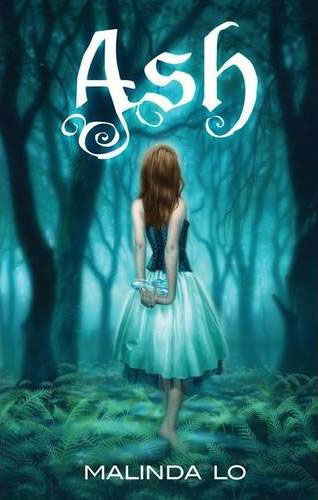 ASH (Book)
ASH (Book)
Written by lesbian Chinese-American immigrant, Malindo Lo
Themes: Fairy Tales, Cinderella, Love and Romance, Self-Determination
Who doesn’t love fairy tales? This re-telling of Cinderella’s love story is appropriate for ages 8 and up, says Amazon.com, making it the perfect gift for young cousins, siblings, and adult friends alike. Apparently, rather than fall for the prince who rescues her from an enchanted slumber, Cinderella starts a love affair with the woman her evil queen mother sends to kill her. I haven’t read it myself, but after reading glowing reviews I decided to gift myself the Kindle version. Incidentally, an accompanying book, “Huntress”, about Cinderella’s love interest, was published shortly afterwards. And, the author just released the first book in her new young adult sci-fi series. Juicy. Visit www.malindolo.com to learn more.
Great gift for: Young Children, Parents
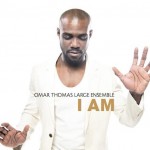 I AM (Music)
I AM (Music)
Jazz composition by gay Guyanese-American, Omar Thomas Large Jazz Ensemble
I grew up listening to Jazz, from the smooth of Miles Davis to the soul of Anita Baker to the afrobeat of Fela Kuti–my father’s influence. So when I left home, and became separated from my father, a part of me distanced myself from his favorite music as well… until I met Omar. I fell in love with Omar’s love for classic R&B, soul, jazz, and his talent for bringing those genres together in his compositions, which feel old school enough take you on a walk down memory lane, and new school enough to warrant Ne-Yo’s replacement as the official baby-making musician of the 2000s. “I Am” will be released on January 15th, but you can pre-order now on iTunes. I’ll be getting two copies — one for me, and one for my father, as a reminder that even though we are now worlds apart, our struggles and our love for each other remains, through heart, through life, and through music.
Great gift for: Dads
 VICCI
VICCI
by queer Latina, Vicci Martinez
I don’t often have time to watch TV, but I remember when I heard that a queer Latina musician was rocking out on The Voice, a show similar to American Idol, in which contestants compete to be named “The Voice” of America; I looked her up on YouTube immediately and was blown away by the power of her voice (from a relatively small person!). She’s been quoted as saying, “I don’t look the way I sound”, which, though I get what she means, isn’t quite true; she’s absolutely beautiful in her gender non-conformity, and her voice, a reverb of yearning to live beyond measure, beyond bounds. The acoustic version of her new single, “Come Along” is a tantrum of emotions, familiar to anyone who may still be wondering how they survived being a teenager, and — as a member of the LBGT community — how to continue singing for freedom in a world  where your kind of love is seen as an act of rebellion.
Great gift for: Angst-Filled Teenager
Discuss! What do you think? Would you consider gifting any of these items to yourself, friends, or family? As an ally, have you read / watched / listened to any of the media above? What did that do for your understanding? Also, I’d love to open up this space for recommendations. Which books, films, and/or music or poetry albums would be great additions to this list?



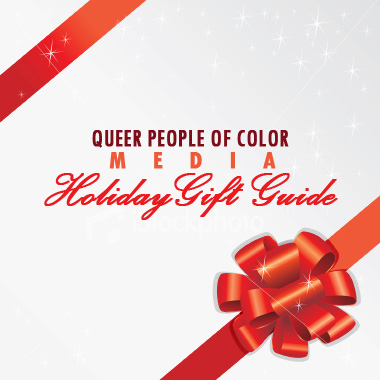











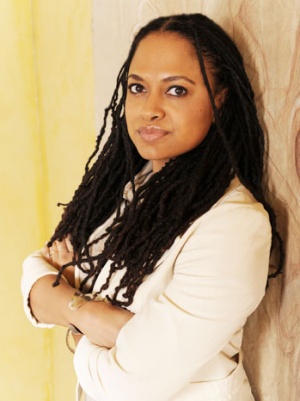
 A few weeks ago, I wrote about the internet’s sensationalized debate over Zoe Saldaña playing Nina Simone in a Hollywood biopic:
A few weeks ago, I wrote about the internet’s sensationalized debate over Zoe Saldaña playing Nina Simone in a Hollywood biopic: 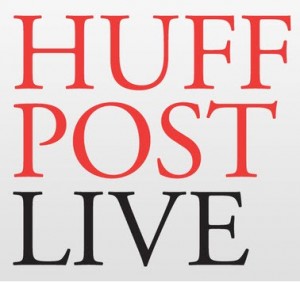 Case in Point:
Case in Point: 
